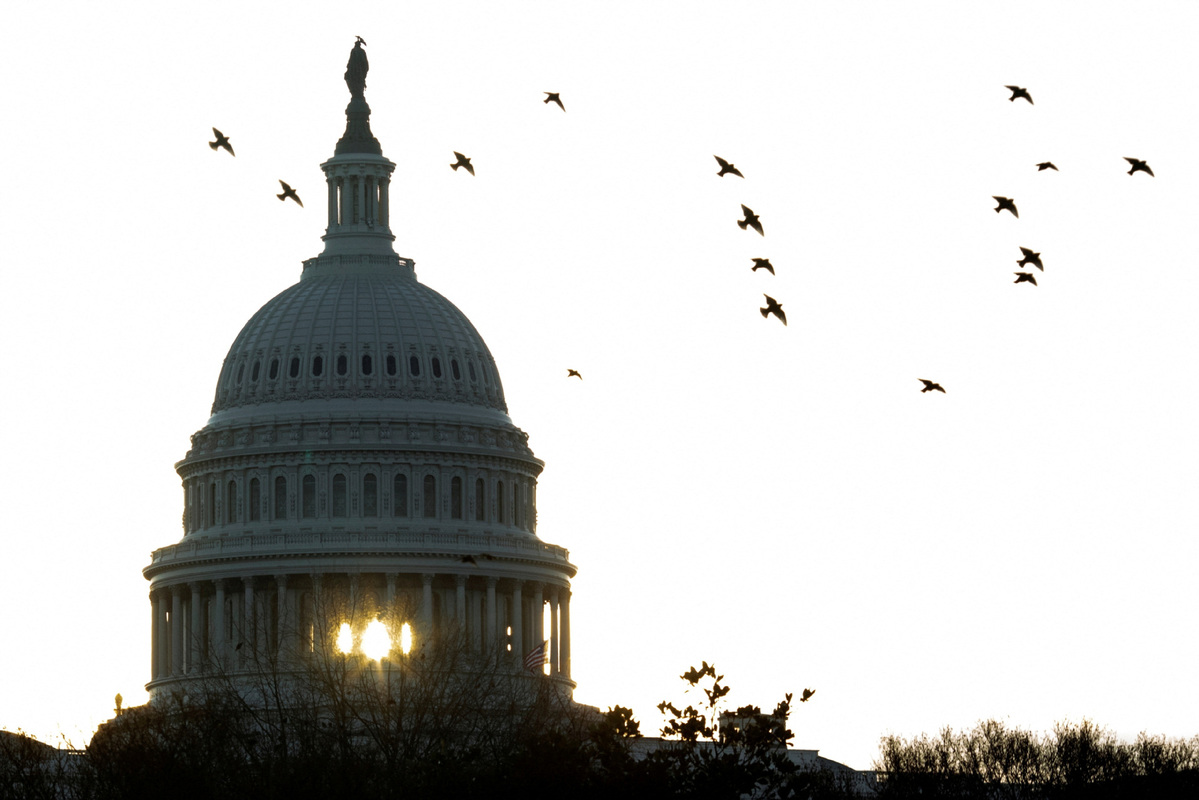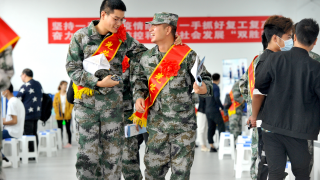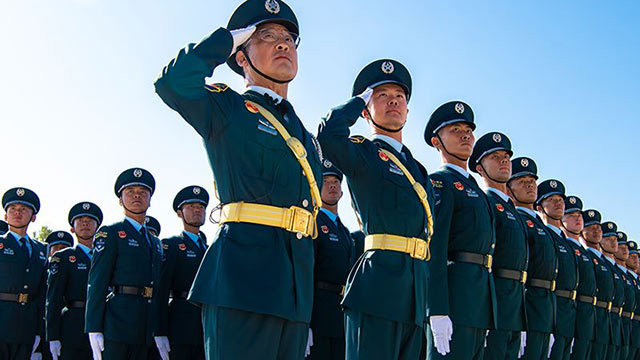
For a long time, the United States has been repeatedly imposing its "long-arm jurisdiction" on other nations, while the realms of that policy have been expanding. It is the essence of the US' approach to competition, backed by its comprehensive ability and financial hegemony, abusing its domestic law to other nations' entities and individuals.
For that purpose, the US has not only developed a complicated system of laws, but also been constantly lowering the threshold and enlarging its discretionary power. Data show that the previous Donald Trump administration implemented more than 3,900 sanctions, or three every day. By the end of the 2021 financial year, the US was imposing a total of 9,400 sanctions.
The US' "long-arm jurisdiction" increases tensions between it and various nations. From Cuba to Russia, from Iran to Libya, it has once again imposed its will and its standards upon others. Even the European Union, a supposed friend of the US, is so unhappy with the US' moves that it has more than once initiated or moved to curb the US' "long-arm jurisdiction" policy, for which purpose it even launched a World Trade Organization dispute solution process.
The US' move also destroys the functioning of the international governance mechanism. The frequency with which the US implements unilateral sanctions outside the United Nations framework has weakened the role of the UN Security Council in legally sanctioning entities and individuals. Moreover, despite the fact that its "301" clause has been ruled as being against international law by the WTO, it continues its"301" probes against imported goods from China and other nations, thus violating the multilateral trade mechanism.
With that policy, the US has been abusing its power to strike commercial competitors and intervene in normal international business operations. Toshiba in Japan, Siemens in Germany, Alstom in France have all suffered from its pirate-like deeds.
The US' deeds also violate basic human rights in other nations. For years, the US has imposed such heavy economic sanctions against other nations that they cause humanitarian disasters. The economic sanctions imposed against Afghanistan, Iran, Syria and Yemen have weakened their abilities to fight the COVID-19 pandemic. The US-based Brookings Institute even estimated over 13,000 people died from the COVID-19 pandemic in Iran alone because of the US' sanctions.
What is needed is the US giving up its abuse of power and joining the world community.











